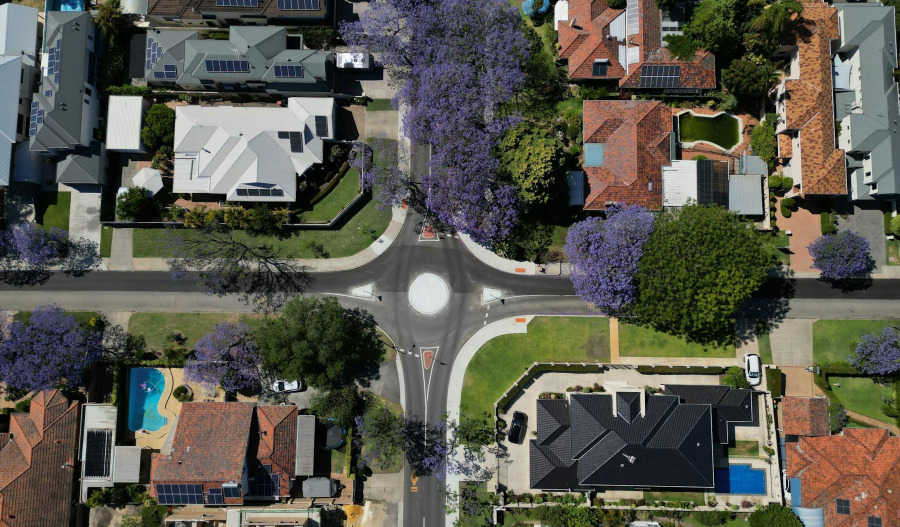Australian consumer sentiment rebounded strongly in November as households grew more optimistic about the economy, supported by signs of a domestic recovery and easing external risks.
The Westpac–Melbourne Institute Consumer Sentiment Index surged 12.8% to 103.8 in November, its first reading above 100 since 2021, marking a return to positive territory from 92.1 in October.
The rise was driven largely by renewed optimism over the economic outlook. Both the “economic outlook, next 12 months” and “economic outlook, next 5 years” sub-indexes jumped sharply, up 16.6% and 15.3% respectively, placing them well above long-term averages.
Matthew Hassan, Head of Australian Macro-Forecasting noted that the lift reflected a combination of domestic and international developments favouring growth.
“Domestically, there are clearer signs that a recovery is gaining momentum, especially around consumer demand and housing markets. Meanwhile, external threats also appear to have eased with a de-escalation of U.S.–China trade tensions and recent meetings between Australia and the U.S. resulting in a new deal on the supply of critical minerals and rare earths.”
“The real surprise, though, is how much these positives have outweighed renewed concerns about inflation and the outlook for interest rates,” Hassan added.
Consumer expectations for mortgage rates also shifted. The Westpac–Melbourne Institute Mortgage Rate Expectations Index jumped 17.1% to 119.1, a 14-month high, indicating that more consumers anticipate higher variable mortgage rates over the next year.
Buyer sentiment rose notably, with the “time to buy a major item” sub-index surging 14.9% to 111.6, its highest level in four years.
However, concerns about the job market persisted. The Unemployment Expectations Index climbed 9.3% to 139.5 in November, implying that more consumers expect unemployment to rise.
The deterioration aligns with recent labour market data showing softening employment growth and a higher jobless rate.
Westpac highlighted the Federal Government’s expanded First Homebuyer Guarantee as a major driver of younger buyers’ optimism, with confidence in the housing market remaining strong.
The Westpac–Melbourne Institute Index of House Price Expectations edged up 0.3% to 172.4, marking a new cycle high, with over 80% of respondents expecting prices to rise in the coming year.
Meanwhile, in a separate release, the National Australia Bank’s (NAB) monthly business survey showed that business conditions improved in October as firms reported stronger sales and profitability.
The index of business conditions rose one point to +9, its highest since March 2024, while business confidence eased slightly by one point to +6 - still above the long-run average.
“Overall, the positive trend in business conditions suggests the economy has held onto the momentum gained since late 2024,” said NAB Chief Economist Sally Auld.
“Economic growth has improved but we are starting at a point with little slack in the economy. Capacity utilisation is still high and wage and margin pressures continue to be significant factors impacting business confidence.”
Sales rose five points to +19 in October, while profitability climbed three points to +9. Employment remained steady at +3. Price pressures eased further, with purchase costs running at 1% and labour costs at 1.5% on a quarterly basis.
Earlier this month, the Reserve Bank of Australia (RBA) kept the cash rate unchanged at 3.6%, citing concerns that inflation and household spending remained firm amid a revival in the housing market.
According to the ASX's RBA Rate Tracker, markets now see just a 14% chance of a 25 basis point reduction in December.



